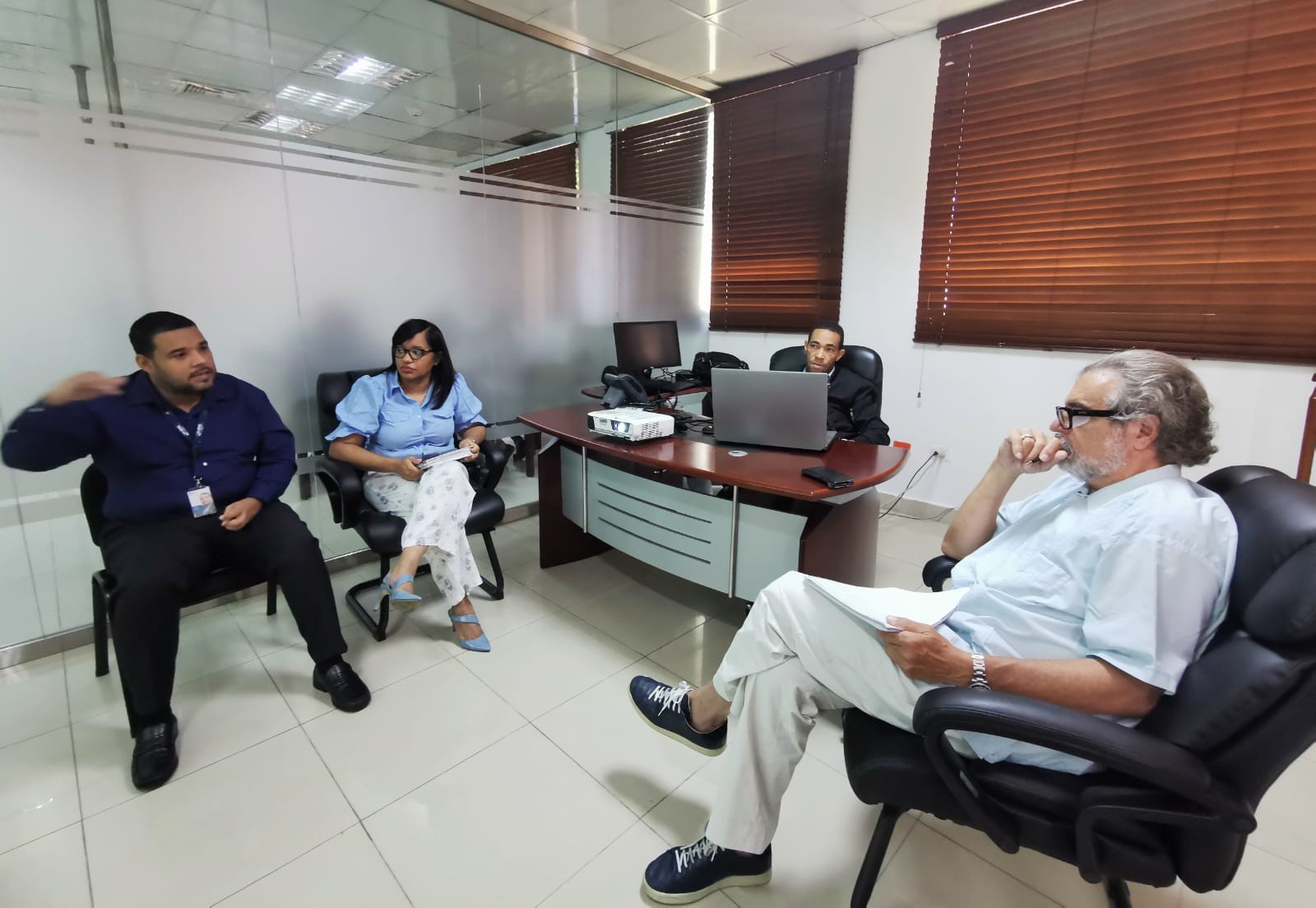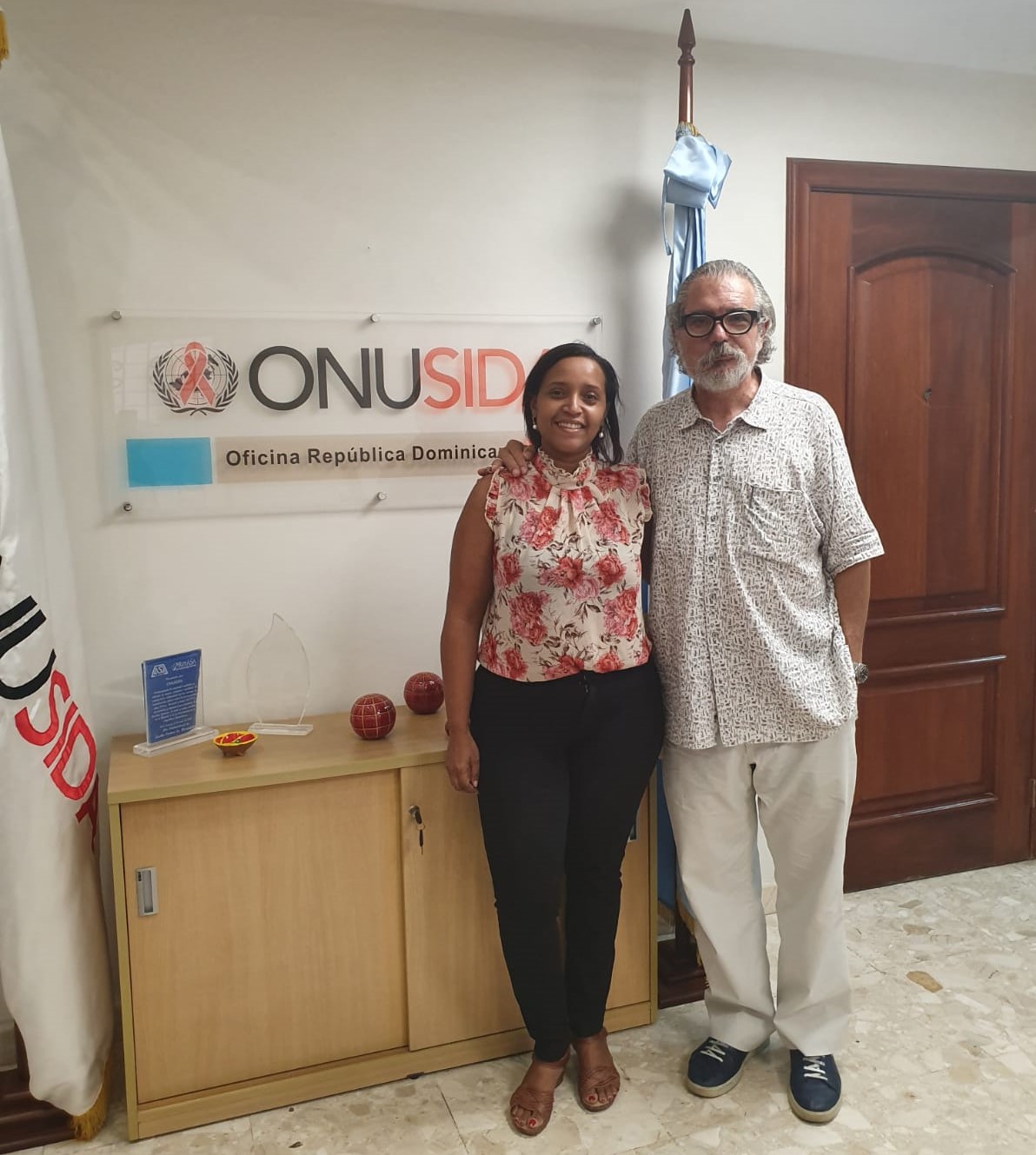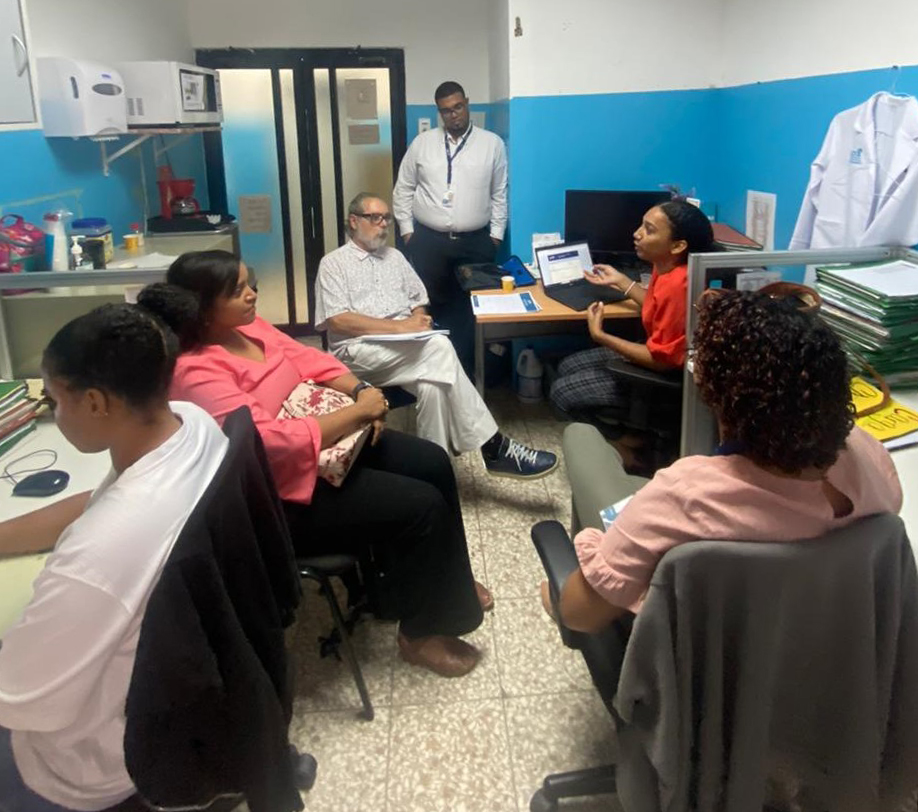The CEEISCAT collaborates with UNAIDS and the Ministry of Public Health of the Dominican Republic to improve retention in antiretroviral treatments for HIV

Dr Jordi Casabona, director of the Center for Epidemiological Studies on Sexually Transmitted Infections and AIDS of Catalonia (CEEISCAT), a research group of the IGTP, traveled to the Dominican Republic at the end of July to collaborate and support UNAIDS - the Joint United Nations Programme on HIV/AIDS - and the Government of the Caribbean state in their fight against HIV. The mission was supported by Dr Jorge Palacio Vieira and Dr Daniel Kwakye Nomah, researchers from the center, and specifically focused on analyzing and making improvement proposals for the retention, adherence, and recovery of people in treatment.

Recently, the Dominican Republic has adopted the 95-95-95 target set by UNAIDS, which means that 95% of people living with HIV know their diagnosis; of these, 95% are in treatment, and within this figure, 95% have suppressed viral load. In the case of the country, the percentage of diagnoses (around 85% of approximately 78,000 people) is approaching the desired standards, but when it comes to people in treatment, it falls far short of the proposed milestone (55%). Promoting and facilitating treatment retention in key populations is essential to gradually increase the number of people with suppressed viral load (47% in 2021) and reduce new infections. For this reason, the purpose of the mission has emphasized this second and third pillar of the HIV service cascade.
Throughout his stay, Dr Casabona has been able to meet and work on-site with different active agents on the front against HIV, such as government ministries, hospitals, healthcare centers, or members of civil society in the country. Additionally, he has also met with several groups of Haitian immigrants, one of the most affected communities. Based on this visit and the analysis of existing information, in conjunction with the Ministry and international agencies, a description of the situation and a proposal to improve treatment retention rates will be presented, allowing the country to advance in its service cascade and move closer to the 95-95-95 targets defined by UNAIDS.


